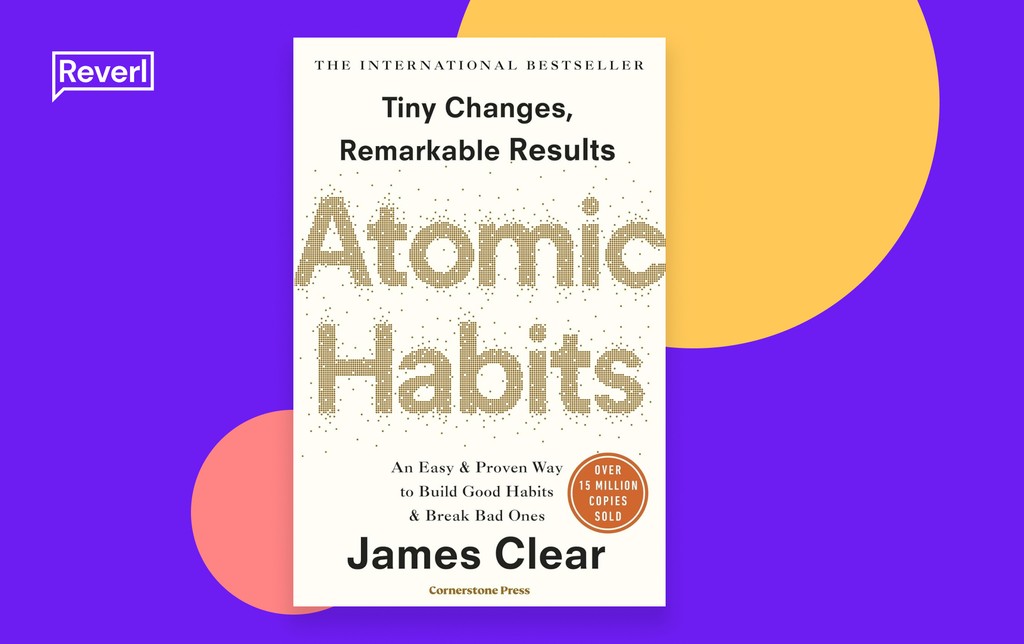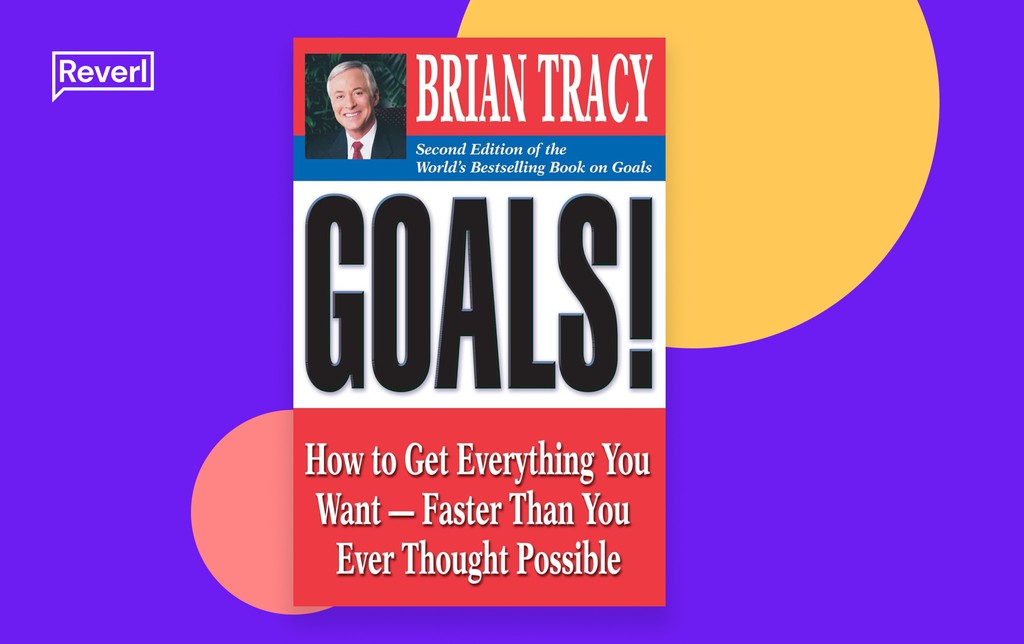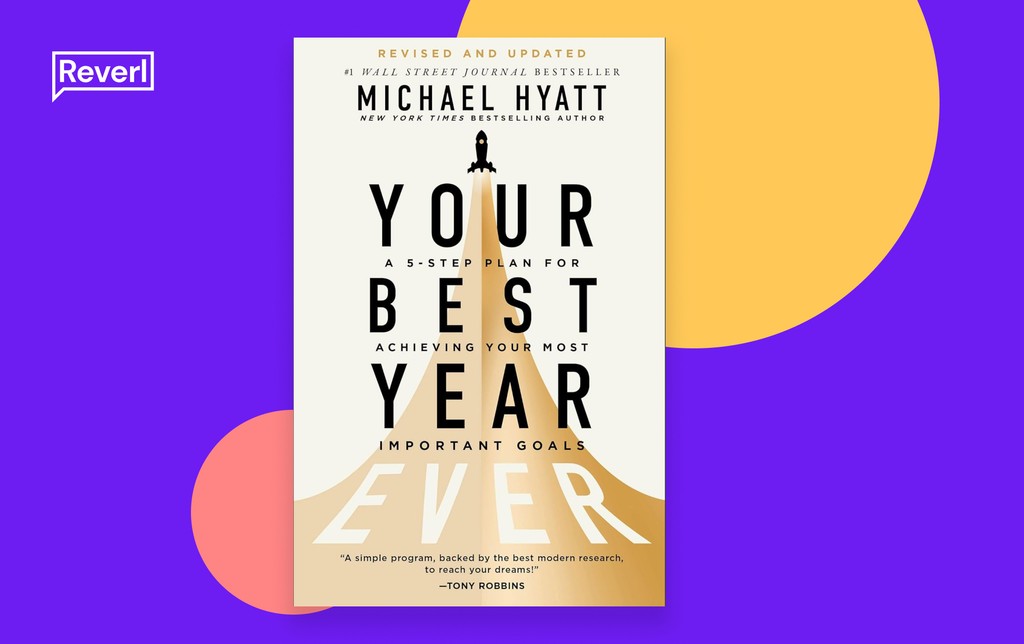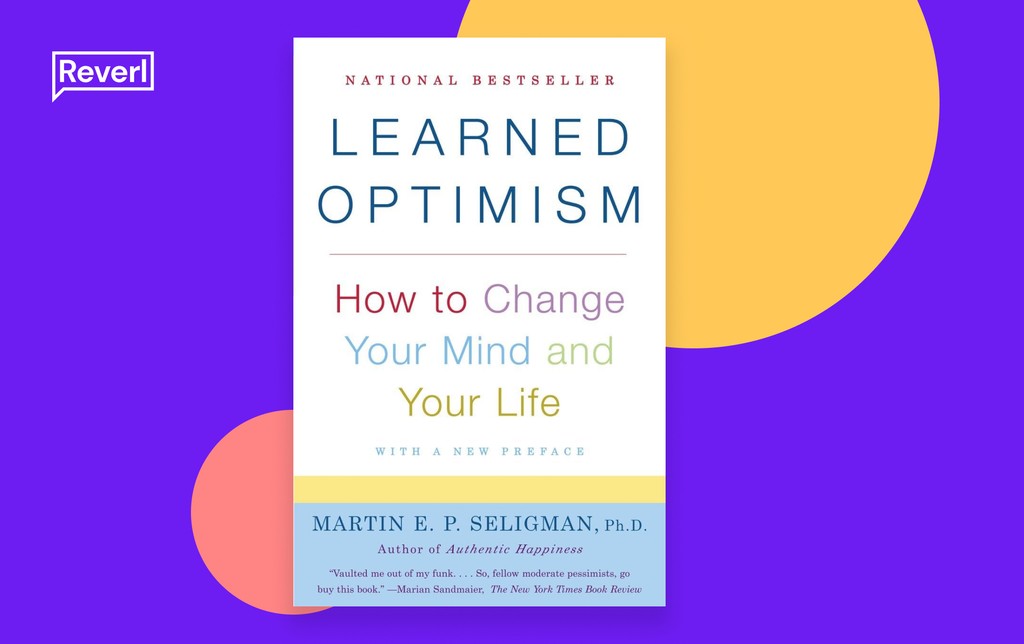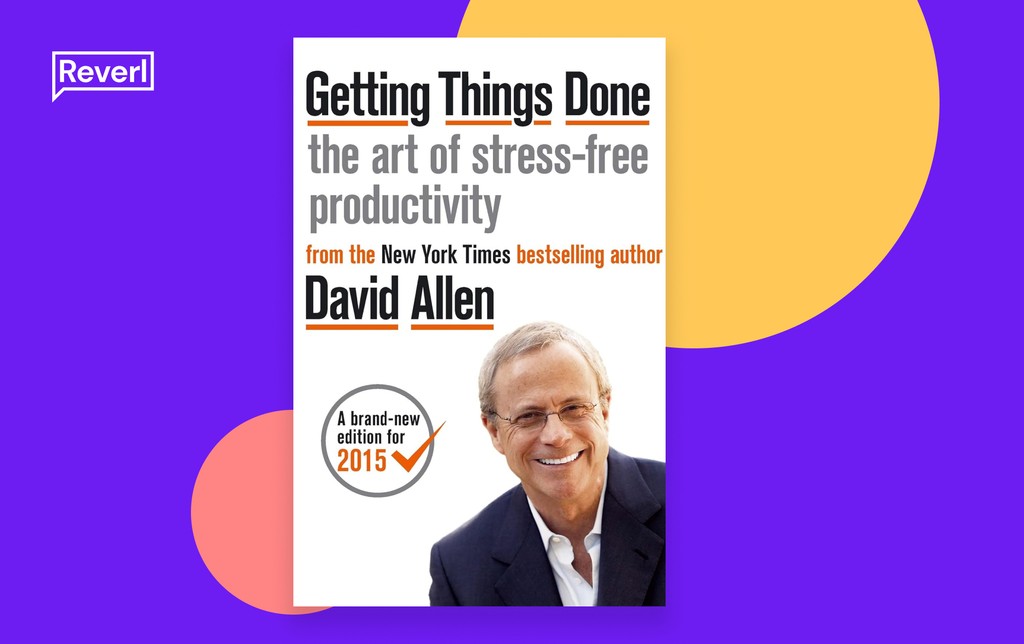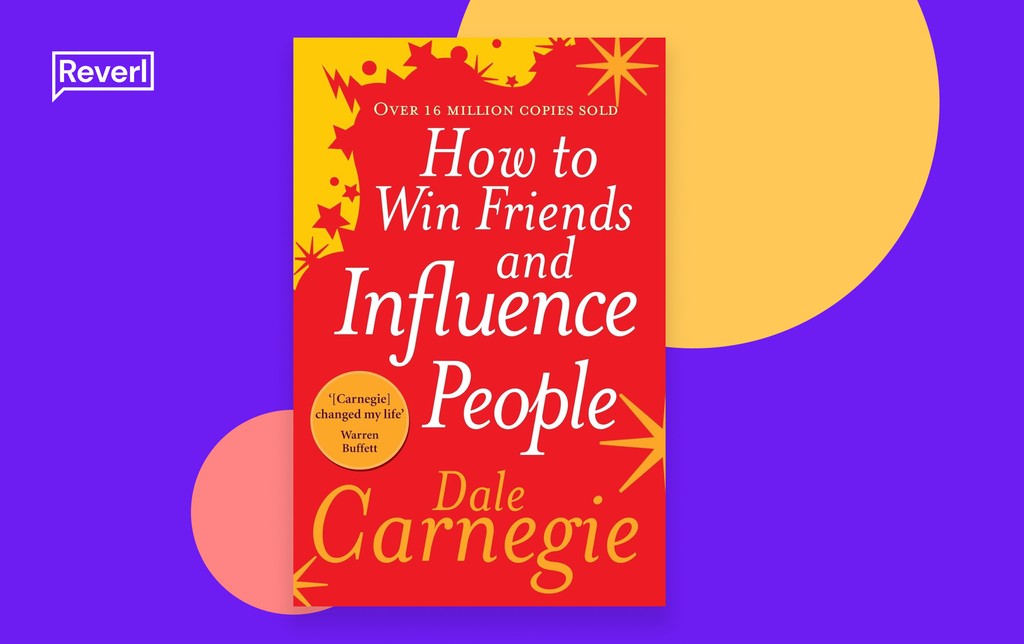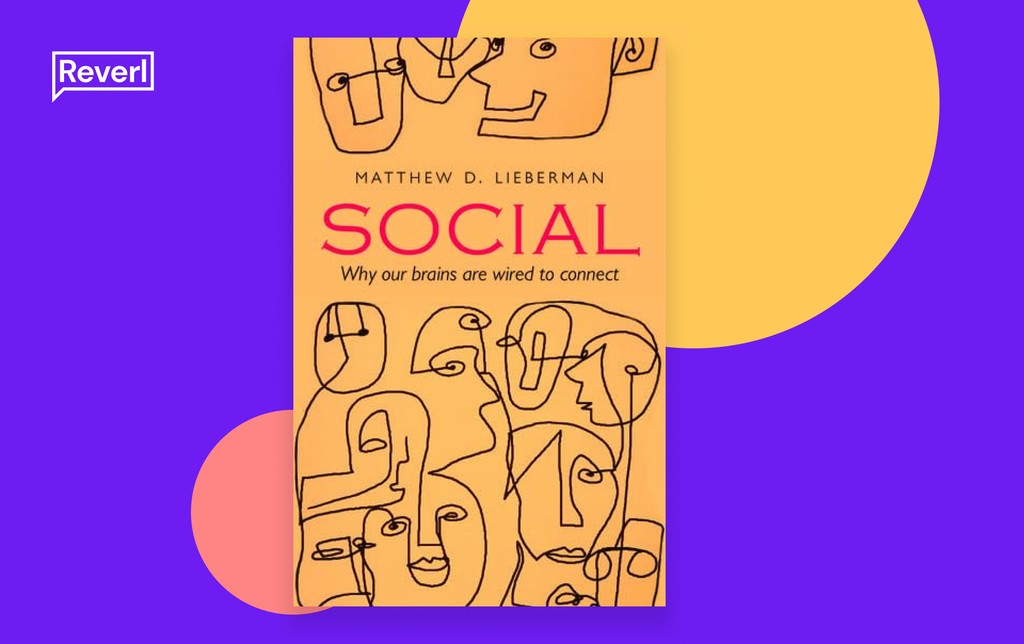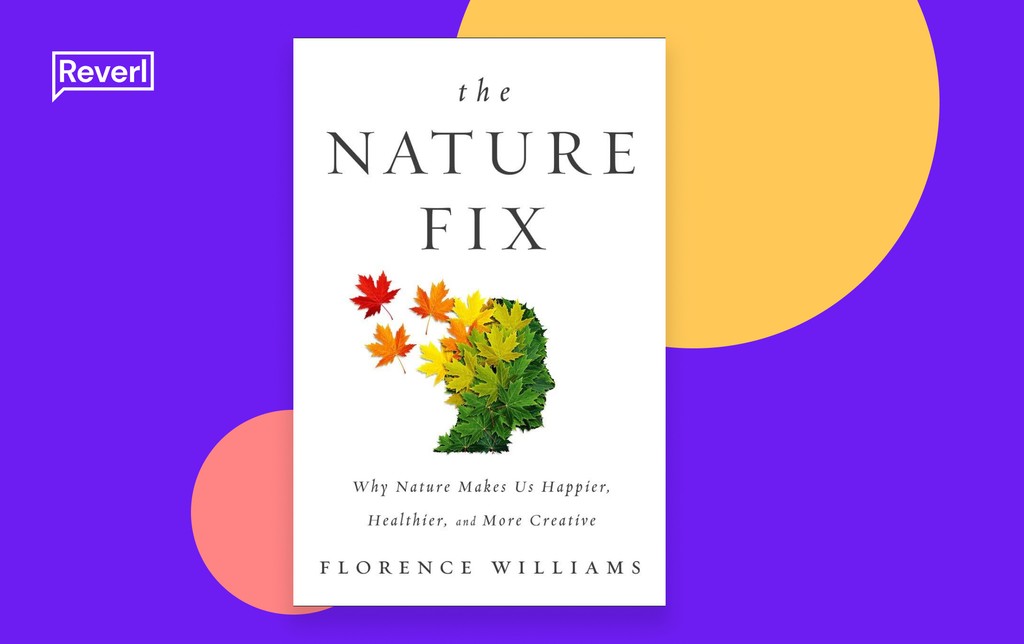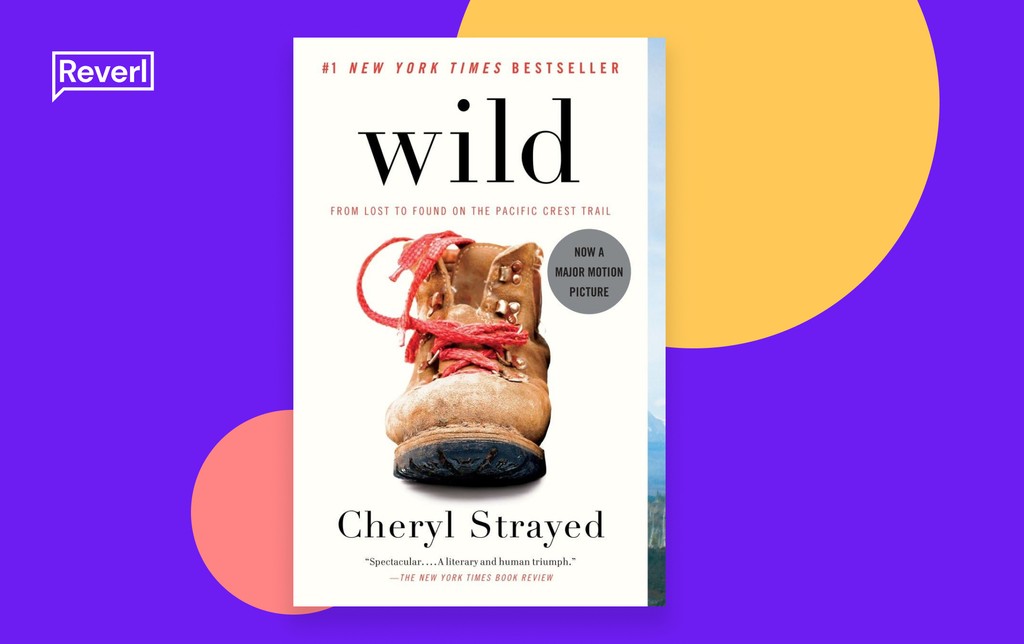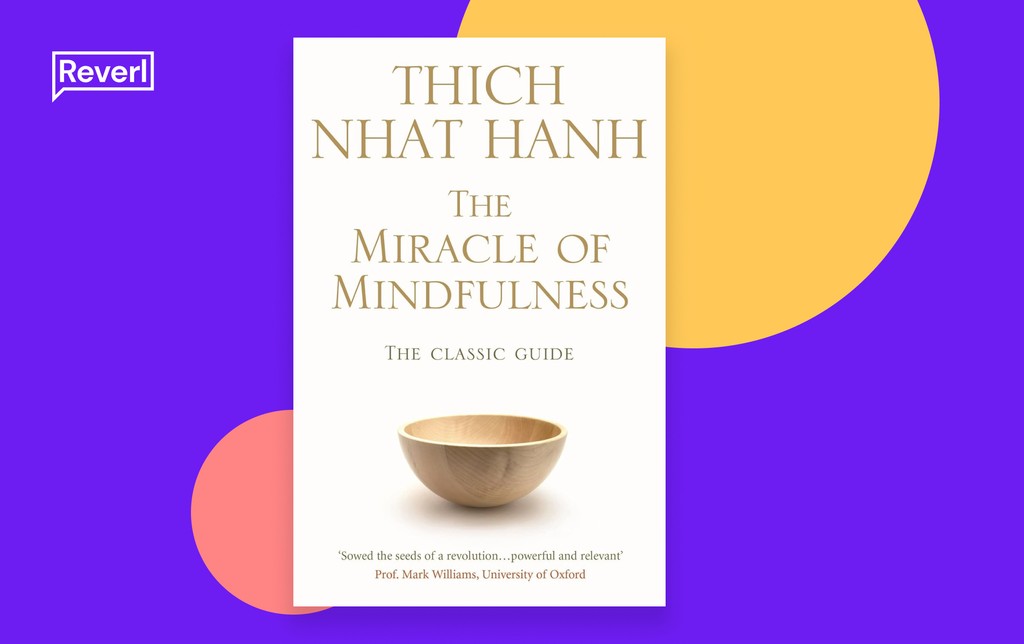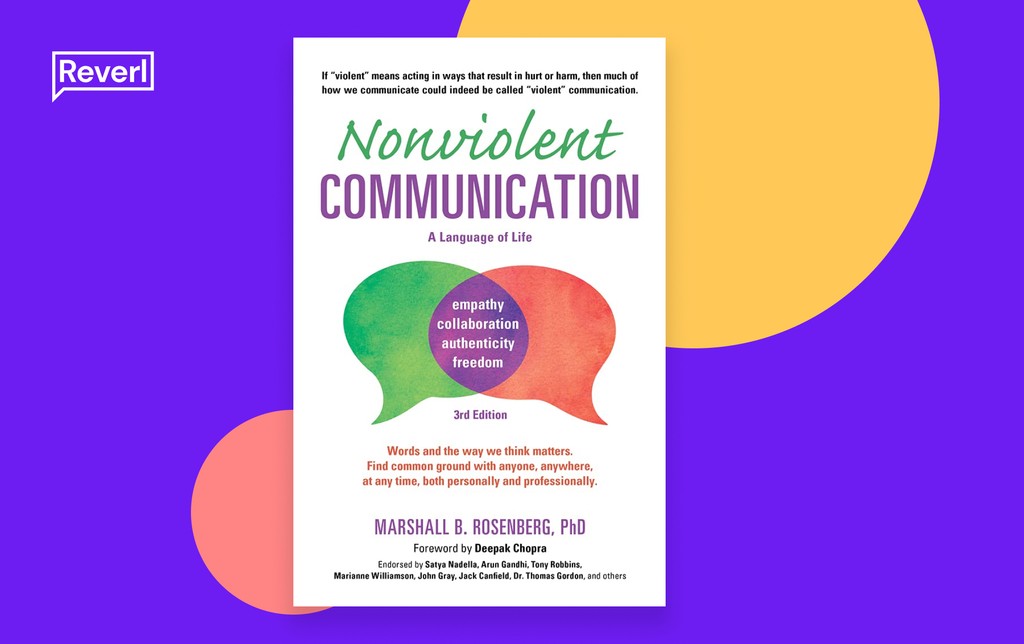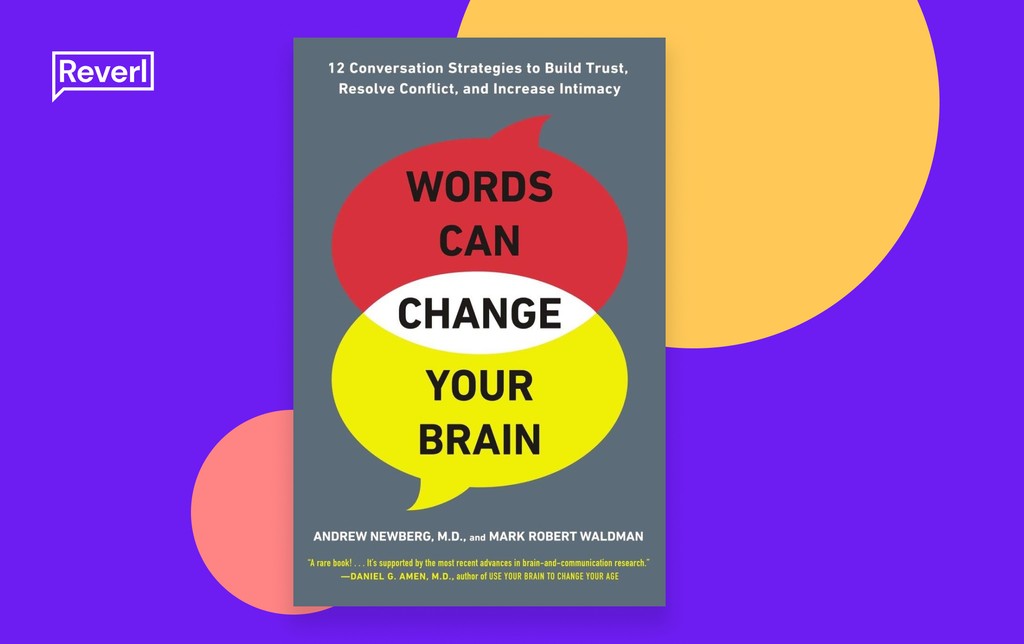Recommended Books
Here you'll find a selection of books relating to Wellbeing that we recommend. Not all the books we recommend here will be relevant to everyone and what you take away from a book might be different from what the next person takes away from it, however the key is to approach all books with an open mind and keep exploring new ideas until you find what resonates with and works for you.
Atomic Habits
by James Clear
“Atomic Habits” by James Clear provides practical strategies for building good habits and breaking bad ones, offering clear, actionable steps to transform your life through small, incremental changes. Highly effective and insightful.
Goals! How to Get Everything You Want
by Brian Tracy
“Goals!” by Brian Tracy provides clear, actionable strategies to set and achieve personal and professional goals, empowering readers to create a detailed roadmap for success and fulfilment. Motivational and practical.
Your Best Year Ever!
by Michael Hyatt
“Your Best Year Ever” by Michael Hyatt offers a practical 5-step plan to achieve your most important goals, blending motivation with actionable strategies for personal and professional success. Inspiring and transformative.
SMART Goals Made Simple
by S.J.Scott
“SMART Goals Made Simple” by S.J. Scott provides a clear 10-step guide to mastering personal and career goals using the SMART framework, offering practical strategies for effective goal-setting and achievement. Concise and effective.
Mindset: The New Psychology of Success
by Carol S. Dweck
This book introduces the “growth mindset,” the belief that abilities and intelligence can grow with dedication and hard work. Dweck contrasts this with a “fixed mindset,” which sees abilities as unchangeable, and shows how adopting a growth mindset can lead to greater success and wellbeing.
The Confidence Gap: A Guide to Overcoming Fear and Self-Doubt
by Russ Harris
Harris combines mindfulness and acceptance strategies to help readers overcome self-doubt and build confidence. The book focuses on taking action despite fear, helping you to cultivate a mindset of courage and resilience.
Learned Optimism: How to Change Your Mind and Your Life
by Martin E. P. Seligman
This book by the founder of positive psychology explores how adopting an optimistic mindset can lead to a happier, healthier life. Seligman provides strategies for shifting from a pessimistic outlook to one of optimism and hope.
Getting Things Done
by David Allen
David Allen’s “Getting Things Done” (GTD) is a classic in the realm of time management. It provides a comprehensive system for managing tasks, projects, and goals. The GTD method focuses on capturing all your tasks in an organised system, which allows you to clear your mind and focus on what’s important.
The 7 Habits of Highly Effective People
by Stephen R. Covey
While not exclusively about time management, Covey’s book is a powerful guide to personal and professional effectiveness. The third habit, “Put First Things First,” directly addresses time management by teaching you to prioritise tasks that align with your long-term goals.
Eat That Frog!
by Brian Tracy
Brian Tracy’s “Eat That Frog!” is a straightforward guide to overcoming procrastination and prioritising tasks. The concept of “eating the frog” encourages you to tackle your most challenging task first thing in the day.
The Pomodoro Technique
by Francesco Cirillo
The Pomodoro Technique is a time management method developed by Francesco Cirillo. It uses a timer to break work into intervals, traditionally 25 minutes in length, separated by short breaks. This book explains how to use this technique to enhance focus and productivity.
How to Win Friends and Influence People
by Dale Carnegie
A timeless classic, this book provides practical advice on how to build strong relationships, improve communication, and influence others positively. It’s an essential read for anyone looking to enhance their interpersonal skills.
Social: Why Our Brains Are Wired to Connect
by Matthew D. Lieberman
This book delves into the science behind our need for social connections. Lieberman uses neuroscience to explain why forming connections is so crucial to our wellbeing.
Dare to Lead: Brave Work. Tough Conversations. Whole Hearts
by Brené Brown
Brené Brown’s book focuses on building strong, empathetic connections in leadership roles. It’s about leading with vulnerability and courage, which can transform relationships in both work and personal settings.
The Five Love Languages: The Secret to Love that Lasts
by Gary Chapman
This book explores the different ways people express and experience love, known as “love languages.” Understanding these can help you strengthen romantic relationships by showing love in a way that resonates with your partner.
The Nature Fix: Why Nature Makes Us Happier, Healthier, and More Creative
by Florence Williams
This book explores the science behind the benefits of spending time in nature, showing how it can improve mood, health, and creativity.
The Hidden Life of Trees: What They Feel, How They Communicate
by Peter Wohlleben
Peter Wohlleben offers a fascinating look at the secret life of trees, exploring how they interact with each other and their environment, deepening our connection to the natural world.
The Wild Places
by Robert Macfarlane
In this beautifully written book, Robert Macfarlane journeys through the British Isles in search of wilderness, reflecting on our relationship with wild places.
Wild: From Lost to Found on the Pacific Crest Trail
by Cheryl Strayed
This memoir recounts Cheryl Strayed’s transformative journey hiking the Pacific Crest Trail, showcasing the healing power of nature.
The Four Agreements
by Don Miguel Ruiz
This book emphasizes the importance of being impeccable with your word, highlighting how language shapes our reality.
The Miracle of Mindfulness
by Thich Nhat Hanh
A guide to mindfulness that includes how mindful communication can lead to better relationships and personal peace.
Nonviolent Communication: A Language of Life
by Marshall B. Rosenberg
This book introduces the concept of nonviolent communication, focusing on empathy and understanding to improve interactions and resolve conflicts.
Words Can Change Your Brain
by Andrew Newberg and Mark Robert Waldman
This book explores how the language we use can alter our brain chemistry and influence our wellbeing.

